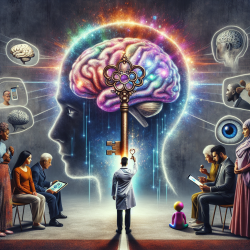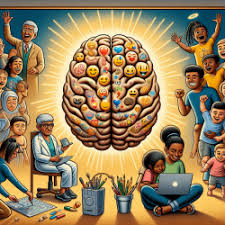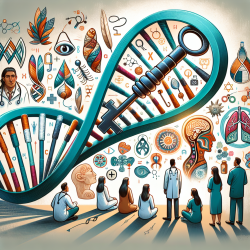The journey of pregnancy and postpartum is a transformative period for mothers, but it can also be fraught with challenges that impact both maternal and child well-being. The research article "Maternal Distress during Pregnancy and the Postpartum Period: Underlying Mechanisms and Child’s Developmental Outcomes" offers valuable insights into how maternal mental health can affect fetal and child development. As practitioners, understanding these dynamics is crucial for providing effective support to mothers and their children.
The Impact of Maternal Distress
Maternal distress, encompassing anxiety, stress, and depression during pregnancy and postpartum, has been identified as a significant factor influencing a child's developmental outcomes. The research highlights the neurobiological mechanisms through which maternal distress can affect fetal development at the molecular level. These impacts can manifest in various ways:
- Cognitive Development: Children exposed to maternal distress may exhibit delays in cognitive skills such as language, problem-solving, and memory.
- Socio-Emotional Development: Emotional regulation and social interactions can be adversely affected, leading to potential behavioral issues.
- Physical Health: Increased risks of preterm birth and low birth weight are associated with maternal distress.
Strategies for Practitioners
Practitioners play a vital role in mitigating the effects of maternal distress. Here are some strategies to consider:
- Early Identification: Implement screening tools to identify signs of distress early in pregnancy.
- Counseling Services: Provide access to mental health services that offer counseling and support groups for expectant mothers.
- Nutritional Support: Educate mothers on nutrition's role in mental health and provide resources for maintaining a balanced diet.
- Mental Health Education: Conduct workshops to raise awareness about the importance of mental health during pregnancy.
The Need for Further Research
The COVID-19 pandemic has exacerbated mental health challenges for many expectant mothers. This context underscores the need for ongoing research into the biological mechanisms linking maternal mental health with child development. Interdisciplinary studies can help refine interventions that promote positive outcomes for both mother and child.










